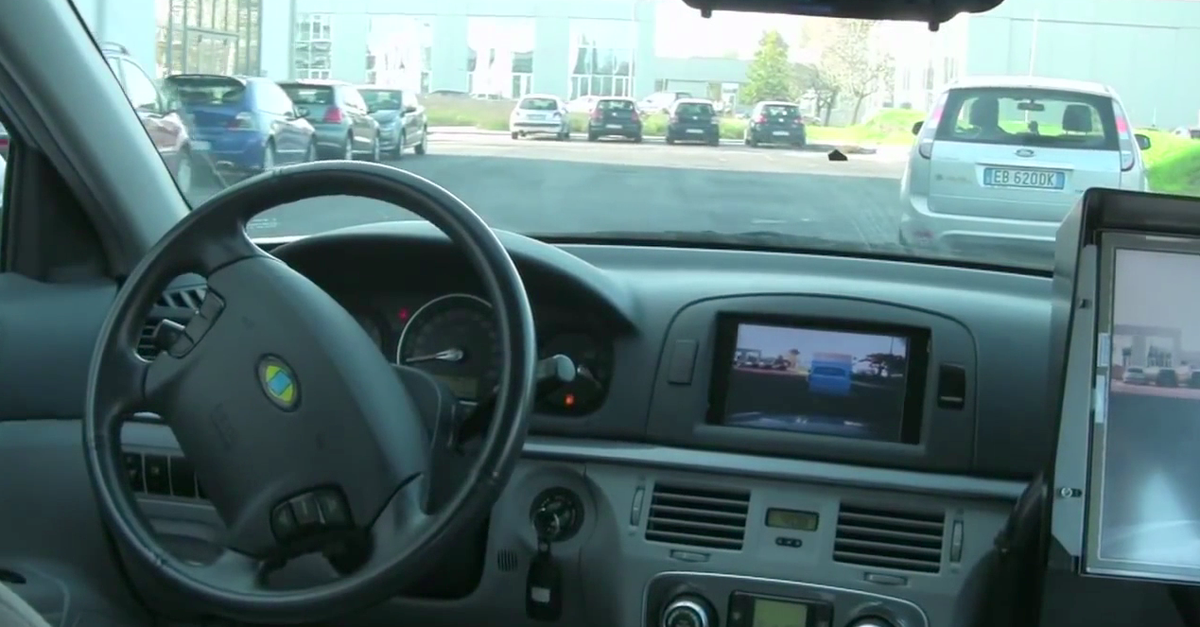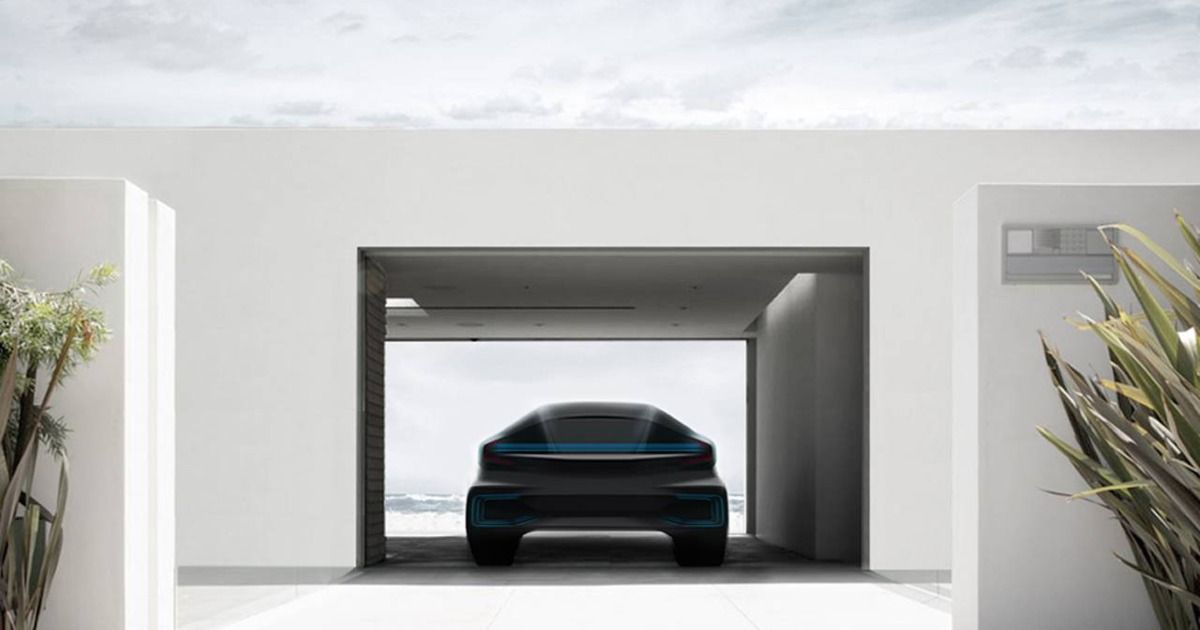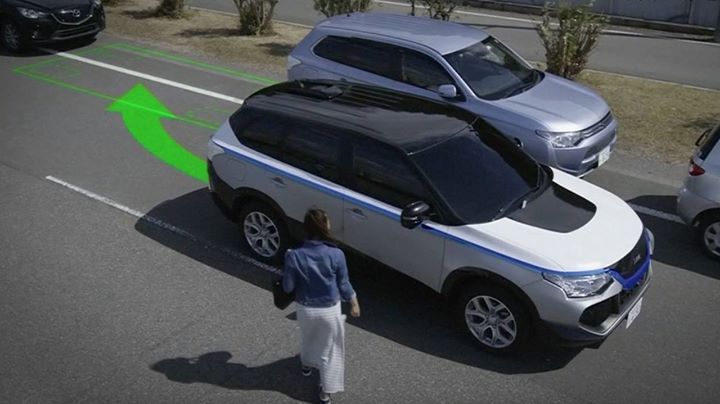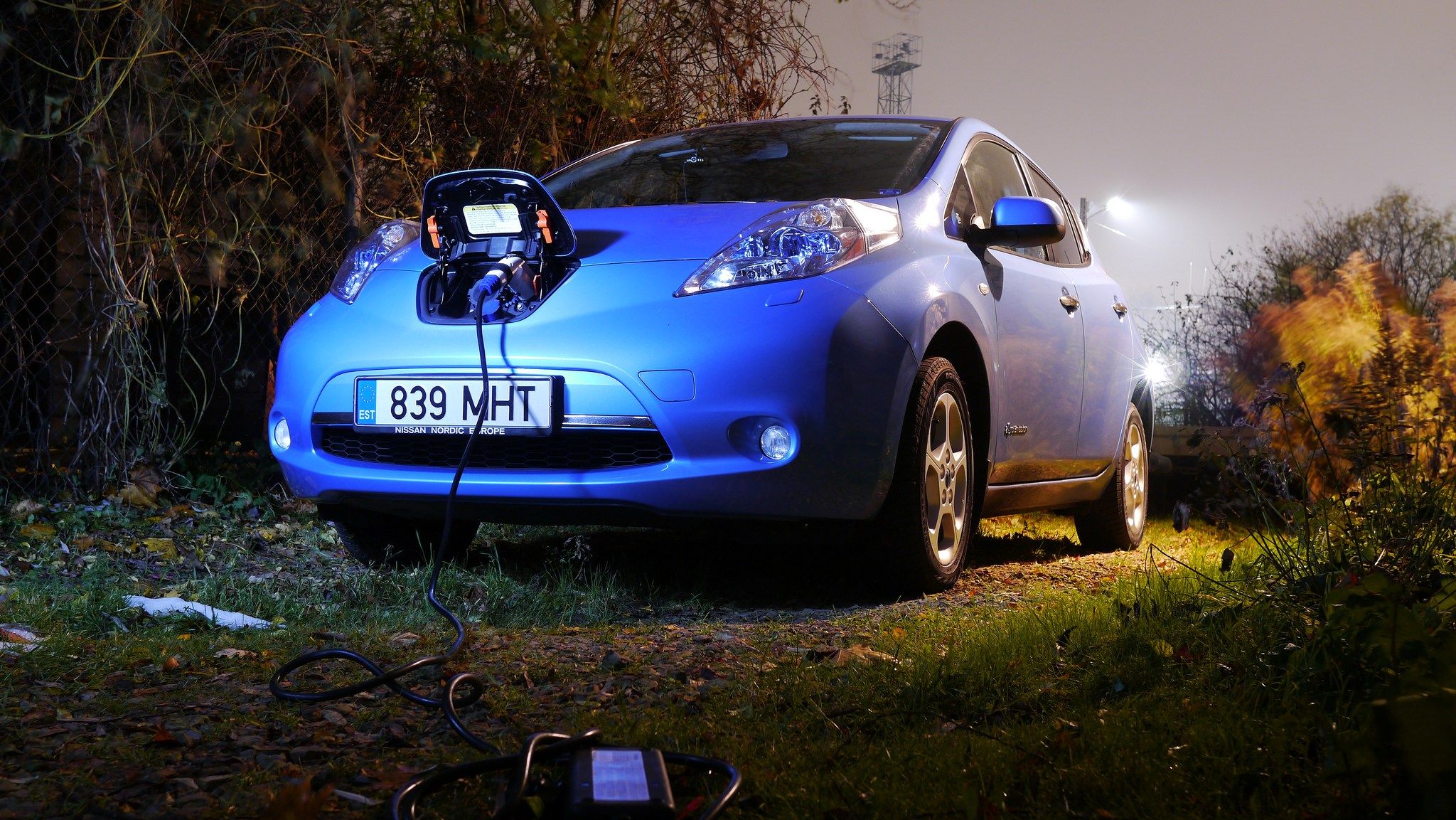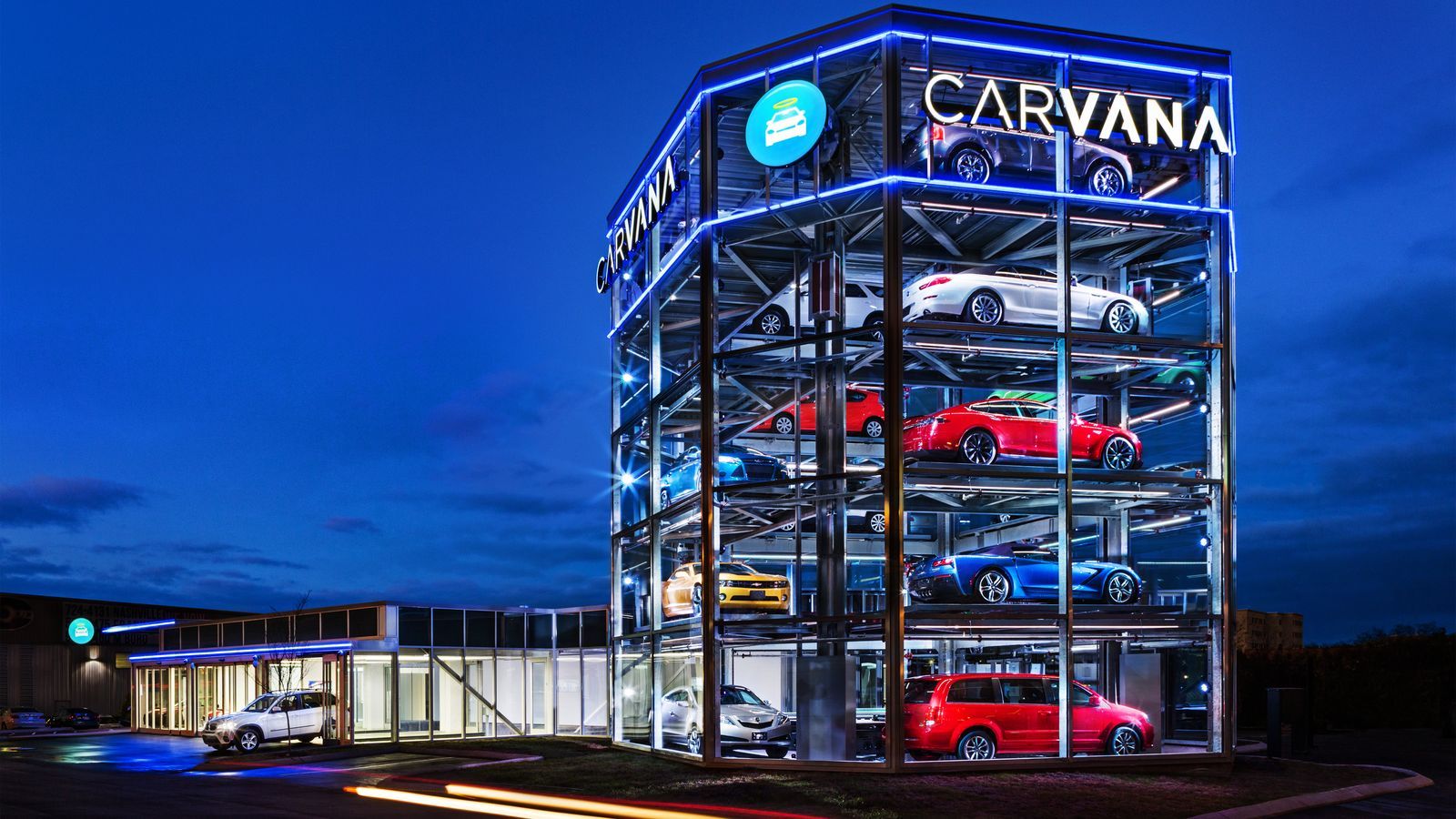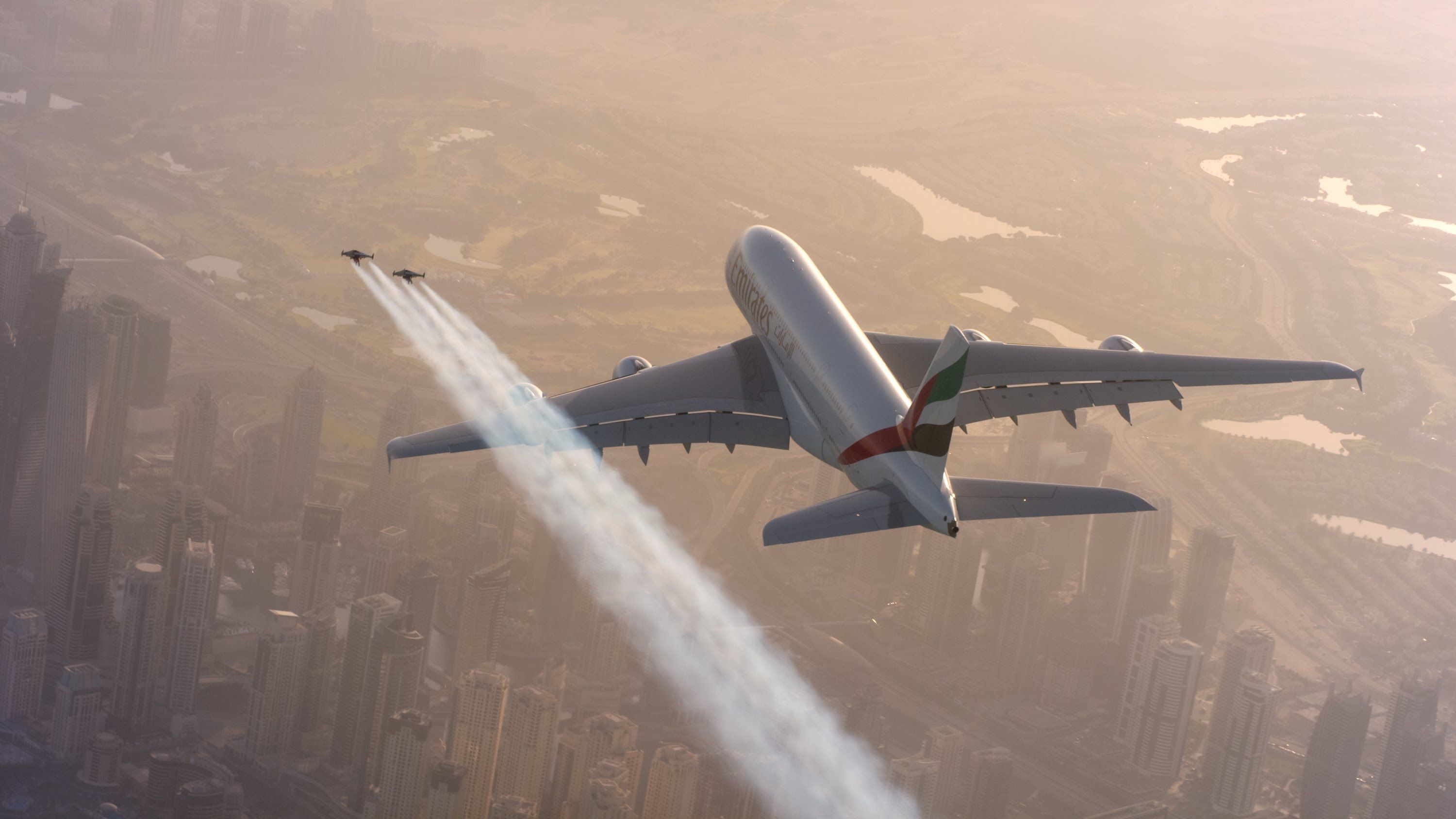Nov 16, 2015
Self-driving cars may become a mass reality faster than you think
Posted by Shailesh Prasad in categories: robotics/AI, transportation
“Just a few years ago, automated parking was a revolutionary new technology — now it comes as a standard option in some production models. This is how I believe driverless vehicles will come to be accepted in the future,” says Wei-Bin Zhang, IEEE fellow and a researcher engineer at the California PATH program, Institute of Transportation Studies of University of California at Berkeley.
That’s right — we may be on the brink of an all-out self-driving car revolution.
We’ve already seen cars that can stay in their lanes and apply the breaks by themselves, so to many, an autonomous car is just the next step in the natural progression. And the automotive industry is taking this very seriously. According to a study by Intelligent Transportation Systems (ITS), the self-driving market is estimated to grow to $33.89 billion in the next five years.
